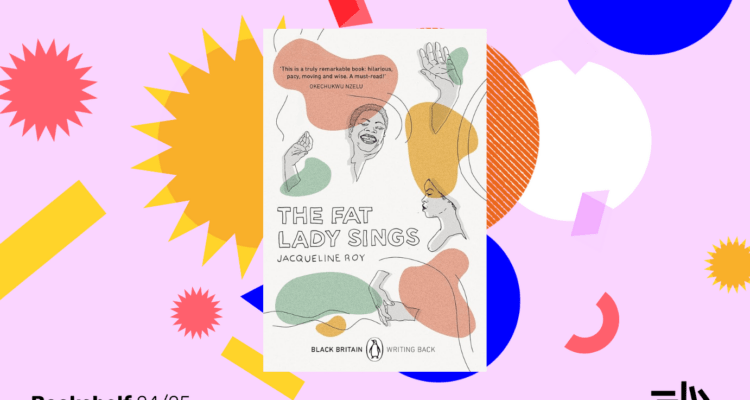Read of the Week: Once Were Warriors by Alan Duff
Our Read of the Week comes recommended by our Reading Resources Intern Drew, who shares her thoughts on Alan Duff's Once Were Warriors.
In this novel we follow the lives of the Heke family on their social housing estate of Pine Block. Dealing with the consequences of poverty the novel explores themes such as alcoholism, pride, shame, unemployment, apathy and abuse.
Once Were Warriors is a tragic portrayal of Maori communities in New Zealand however, as with any tragedy there is a catharsis in the form of Beth Heke and a hope for community to re-build itself. I love reading books that evoke strong emotions and this one didn’t fail! Not only is the book focused on a deep family tragedy but also deals with how people relate and fit into their communities – asking the question, what can we do when our communities become self-destructive?
“...it occurred to Beth that her own house – no, not just her own house but every house she’d ever been in – was bookless. The thought struck her like one of Jake’s punches, dunno why.”
When reading the novel I found the opening passage incredibly impactful. For me, books are a means to grow, to solve my problems and a way to explore the world beyond my own. For Beth Heke their absence seems to represent the apathy she sees in her community. Not only is the revelation of the community important, but the impact the realisation has on Beth demonstrates her own character. In feeling physically hurt at the thought of her community as lacking in some way she reveals herself to be idealistic, to have hope for the possibility of change and anger at the need for change.
Following on from Beth’s expectations comes a deeply human narrative of repeated failure to break old habits, most notably from Beth herself. Certainly, Once Were Warriors doesn’t shy away from the complexities of human relationships and highlights the vulnerabilities and faults of all characters. Indeed, it is almost worse for the reader when Beth fails compared to other characters, as the reader feels and shares a hope for the community and Heke family.
As well as Beth’s journey, there is also that of her husband and father of the Heke children, Jake. For me, Jake is the tragic hero. Deeply flawed and destructive both towards himself and his family whilst also being symptomatic of the problems within these types of communities. Within Jake is a deep vulnerability and hurt that is revealed when his entire conception of himself is shattered. Picking up the pieces of his fall Jake is left to reflect on his life, behaviour and community. Jake’s journey is exceedingly touching to anyone who has someone in their life who they believe impervious to change.
As heart-breaking as Once Were Warriors is, it is also a shining example of hope that change in even the most shattered of people or communities, is possible.
“Every day; evenings, afternoons when the kids were coming home from school, at nights when they were out on the streets, Beth Heke out there with them. With a message: I’m here to help you. Any of you. You only have to feel you got a problem and I’ll listen. 27 Rimu Street’s where I’m at. Driven. By what she wasn’t sure. […] A woman’d just woke up one morning and thought: Streets. I’ll go out onto the streets where all this misery’s at and do what I can.”
Share
Related Articles

January’s Stories and Poems
We are starting a new year of Monthly Stories and Poems by looking to the skies, and imagining the wonder…

January’s Choice From The Reader Bookshelf
The Reader Bookshelf is a carefully curated collection of literature for adults and children, exploring a different theme each year, this year’s…

December’s Stories and Poems
The Reader Bookshelf theme of ‘Wonder’ might make many of us think of the very special kind of wonder which…


